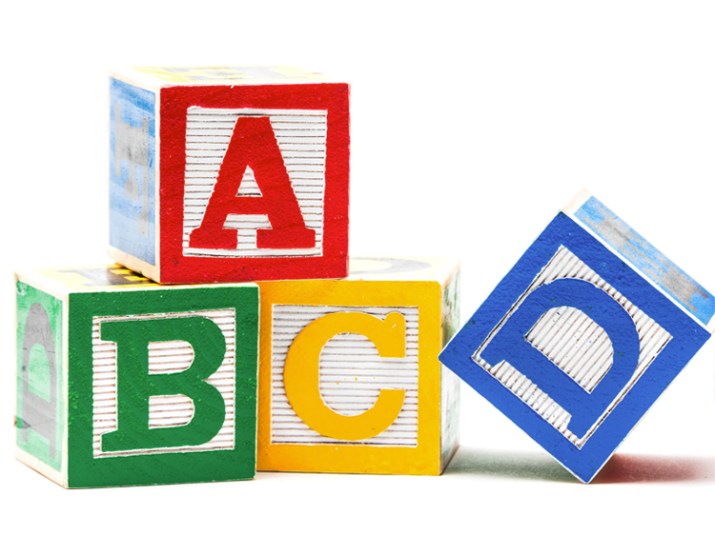Turns Out There Are Type C and Type D Personalities, Too

You probably know about Type A and Type B Personalities, but we’re willing to bet you’ve never heard of Type C or D Personalities. Now, psychologists are starting to speak up about the health risks associated with the “overlooked but important” Type D — and for good reason.
Susan Krauss Whitbourne, PhD, writes in Psychology Today that Type D is named for the word “distressed.” But Dr. Whitbourne explains that this term might not be as simple as it sounds: New research shows that Type D Personality can be thought of as a combination of high levels of negative affectivity (moods, feelings, attitudes) combined with high levels of social inhibition. As Whitbourne notes, people with this personality type are likely to feel anxious and lonely, which can cause their mental health and possibly even their physical health to suffer.
“Paradoxically enough, Type D individuals may not actually experience anxiety and depression in terms of mood state (how they feel), because they suppress their negative emotions,” writes Whitbourne. “By trying to [rein] in their negative feelings, they only exacerbate their risk of cardiac disease.”
Considering how important mental health is for everyone — and how closely linked it is to physical health — it never hurts to take a moment to examine your own personality type. With the help of a health practitioner, you can learn much more about what your personality type might mean for your overall well-being.
Type A Personality
The Type A Personality is without a doubt one of the most well-known types. Though a Type A person is mostly known for being a perfectionist and having a competitive streak, there’s a lot more to it than that. Type A people may struggle with impatience, stress, and expressing emotions. Those who are particularly highly stressed and time-pressured may be vulnerable to cardiovascular disease.
Type B Personality
A Type B Personality is mostly known for being the polar opposite of a Type A Personality. Laid-back and easygoing, a Type B person is more likely to focus on “living in the moment” rather than rushing to compete against other people and trying to reach certain goals.
Type C Personality
Although the Type C Personality bears some similarities to the Type A Personality, it is distinct in that it focuses primarily on conscientiousness. In other words, a Type C person is more focused on getting everything done with accuracy and high quality, whereas a Type A person is more insistent about getting everything done quickly.
Type D Personality
Psychologists have long been worried about the health risks associated with the Type A Personality, but they may see even more reason to be concerned about someone with a Type D Personality: a cynical person who represses negative feelings and keeps them inside. Some studies have shown that Type D Personalities are the most likely to have heart attacks — or even heart failure.
If you are struggling with any mental health issues — whether they’re related to your personality type or not — seek help from a trusted medical professional as soon as possible.
More From FIRST
What’s the Best Dog Breed for Your Personality Type?
Personalities Change a Lot With Age — But in a Good Way, Study Finds
12 Easy Mental Tricks for Stopping Stress and Anxiety Right This Second













